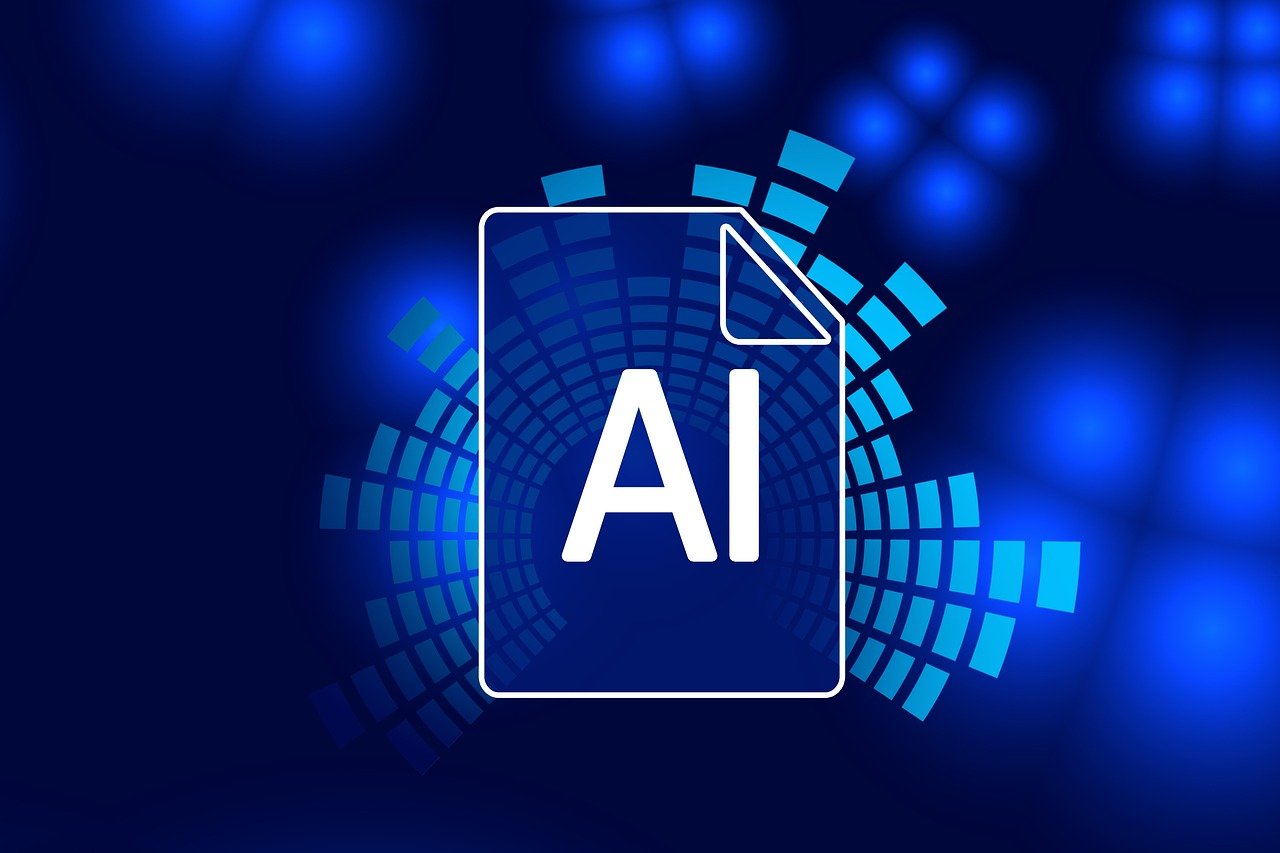AI PCs Enter the Mainstream Market

Tuesday saw the release of a new range of PCs designed specifically to run artificial intelligence applications, as tech companies work to promote the broader use of AI similar to ChatGPT.
Microsoft unveiled its AI-powered personal PCs in May. These machines will run the Copilot Plus brand of software developed by the business. The goal is to free consumers from the cloud, which uses more energy, takes longer, and results in a less user-friendly AI experience, so they may utilize AI capabilities directly on their devices.
The PCs have a neural processing unit (NPU) chip, which helps with live transcription, translation, sharper photo editing, and recall—a feature that allows the computer to monitor all of the activities occurring on the device.
Recall was abruptly pulled by Microsoft due to privacy concerns, and the company stated that it would only be made accessible as a test tool.
As of right now, only a new series of processors from Qualcomm, a massive semiconductor company situated in California, known as the SnapDragon X Elite and Plus, are compatible with the hardware produced by companies like ASUS and HP.
At the Collision tech conference in Toronto, Durga Malladi, senior vice president of Qualcomm, told AFP, “We are redefining what a laptop actually does for the end user.”
“We believe this is the rebirth of the PC.”
Given the demand for ChatGPT’s capabilities, Microsoft projected during the May launch that over 50 million of these “AI PCs” would be sold in a year.
The massive US retailer Best Buy announced that it had trained tens of thousands of employees to sell and service the new PC range. Certain industry experts are apprehensive, stating that the benefits of switching to an AI laptop aren’t currently strong enough and will require additional time.
According to Forrester analysts, “AI’s evolutionary features aren’t revolutionary enough to disrupt traditional buying patterns.” “For most information workers, there aren’t enough game-changing applications for day-to-day work to drive rapid AI PC adoption.” Ever since ChatGPT was released in late 2022, Microsoft has been releasing generative AI products at a rapid pace. Teams, Outlook, and Windows are just a few of the products that now provide new AI features.
Sensing the heat, Google swiftly followed suit, and earlier this month, Apple said that its own on-device AI features would be available on premium iPhones in the upcoming months and year.
High-performing AI technologies can already be used on the newest MacBooks and iPads, but Apple has been sluggish to promote these capabilities. Apple’s senior vice president of Software Engineering, Craig Federighi, recently made a joke about the newest MacBook model, saying, “I guess we missed the boat to name it an AI PC.”







